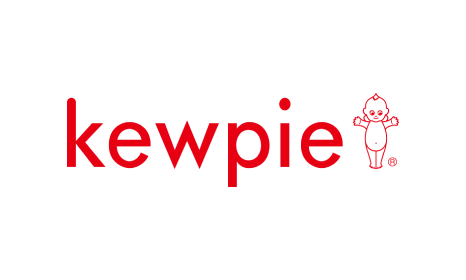Ulatus has been an exceptional partner for our project. Their professional and efficient approach, along with their flexibility to cater to our requirements, has been noteworthy. We're extremely pleased with the quality of the translated content and look forward to working with you on our future projects.

Kewpie Corporation is a Japanese food manufacturer that was founded in 1919.
Headquartered in Tokyo, Japan, Kewpie Corporation is best known for its signature
mayonnaise, which has been a staple of Japanese cuisine for over 90 years. In addition
to mayonnaise, Kewpie Corporation produces a wide range of food products, including
dressings, sauces, and condiments. Kewpie Corporation also places a strong emphasis on
research and development, constantly striving to create new and innovative products that
meet the evolving needs of its customers. Today, Kewpie Corporation is a global company
with operations in Asia, Europe, and the Americas. The company's products are sold in
over 30 countries around the world, and its mayonnaise has become a beloved condiment in
many different cultures.
Seeking a localization partner to handle the translation of their Japanese informative
content into English and Chinese, Kewpie required the project to be completed within
their specified timeframe. As a production company, most of their documents contained
technical and product information, making it imperative to accurately translate even the
minutest details.
The localization partners that Kewpie was seeking had to meet rigorous quality benchmarks and ensure consistency across all the documents. Ulatus was expected to surpass these standards in order to provide that assurance.
The translation project had an extensive word count and an unusually short deadline. Ulatus had to meet the demanding deadline by cutting down the turnaround time by 60% and leveraging effective project management practices with advanced technology.
Kewpie shared content on the production of mayonnaise and dressing that included general and specialized information, including trade secrets. The translation of this content required the expertise of highly specialized subject-matter experts to ensure accurate and contextual translation.
Before initiating the project, Ulatus addressed the client's concerns about output quality by providing trial translations of certain content. To ensure compatibility with the project, the client handpicked two linguists for each language pair (Japanese to Simplified Chinese and English) based on their subject expertise and experience. All linguists had more than 10 years of experience translating technical content, and we also selected a few additional translators to serve as backups in case of unforeseen events.
In order to enhance client satisfaction with the translation style, we initiated sending interim files to the authors following the Translation + Translation check process, before the fluency check. This ensured that our translation team was heading in the right direction to meet the client's expectations. Any shortcomings detected could be immediately addressed and avoided in subsequent deliveries. Incorporating these measures significantly enhanced the quality of the translation output, communicating the precise intention of the authors and ensuring a natural level of readability.
Based on years of experience, Ulatus utilized a PMO Implementation Model and conducted a scope assessment to determine project management maturity and competency. We then converted our findings into actionable tasks, prioritized based on the project lifecycle, and created a customized project management methodology for the client, which incorporated traditional project management and technology.
Our terminology management tool is a vital asset in maintaining technical terminology consistency and achieving high efficiency and accuracy in all translated content. During this project, we utilized this tool to confirm the accuracy of all technical terms and to ensure that the translated content was clear and unambiguous.